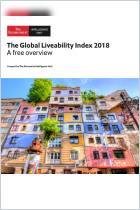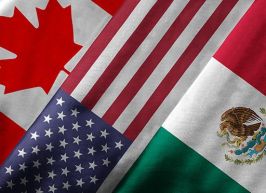Зарегистрируйтесь на getAbstract, чтобы получить доступ к этому краткому изложению.

Зарегистрируйтесь на getAbstract, чтобы получить доступ к этому краткому изложению.
Economist Intelligence Unit
The Global Liveability Report 2017
A Free Overview
EIU, 2017
Что внутри?
Looking for top-tier urban living? Use this global guide to the most and least livable cities.
Recommendation
Those contemplating a move to another city or country should use this report as a roadmap to the most habitable urban centers. The Economist Intelligence Unit’s annual survey assesses 30 metrics covering health care, stability, education, culture and environment, and infrastructure. Cities that top the rankings tend to be mid-sized metropolises with low population densities in more prosperous countries. Terrorism and political conflict, which affect everything from infrastructure to recreation, are the culprits behind the bottom-tier survey scores. getAbstract recommends this eye-opening report to human resources and relocation experts, as well as executives considering a change of address.
Summary
About the Author
The Economist Intelligence Unit is an independent research and analysis organization.

























Comment on this summary